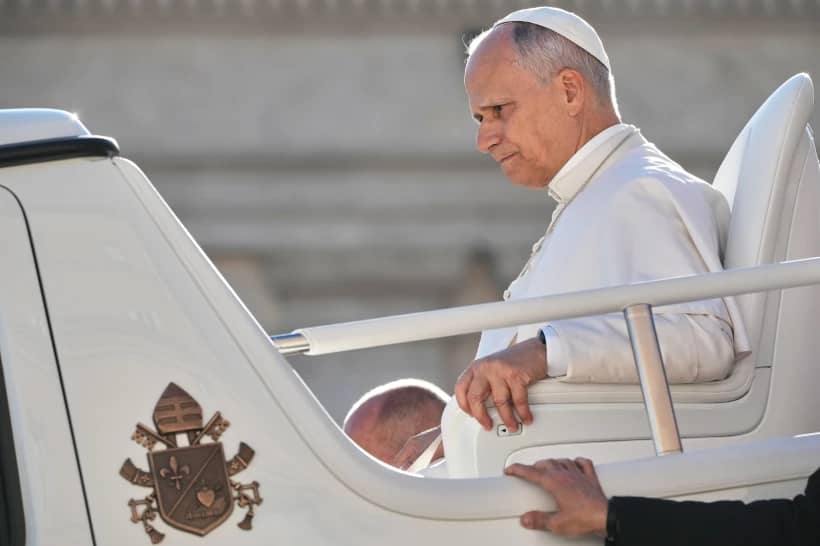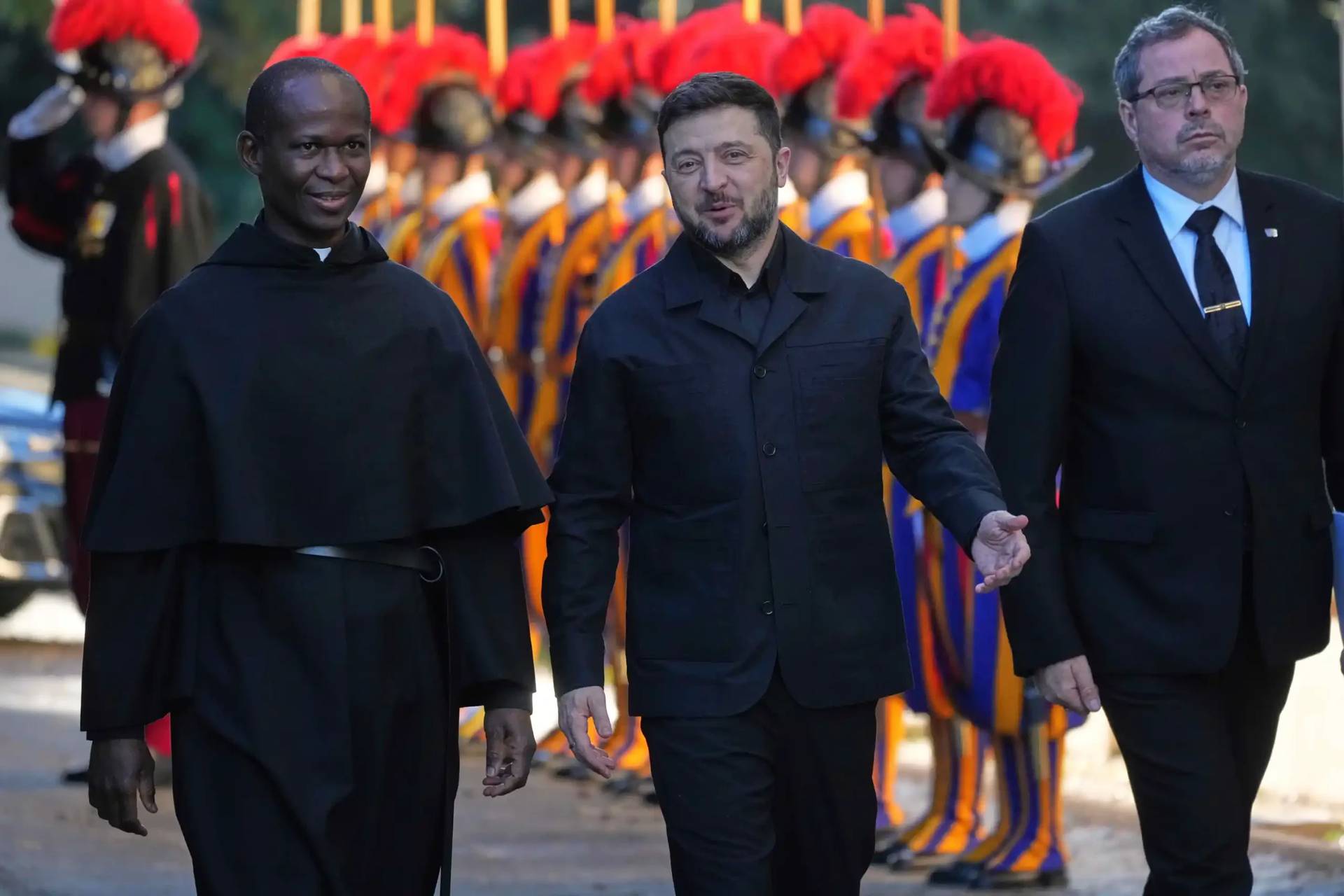ROME – For decades, Christianity has been in steep decline in its homeland in the Middle East, and nowhere is that existential crisis clearer than Iraq. A recent visit to the country by the pope’s top diplomat highlights both the threat and the promise of Iraq’s leading role in Middle Eastern Christianity.
In an exit interview with Vatican News following a Dec. 24-28 visit to the Nineveh Plains in northern Iraq, the cradle of the faith in the country that was occupied by ISIS in 2014, Vatican Secretary of State Cardinal Pietro Parolin praised Iraqi Christians as an example for the universal Church, voicing gratitude for “what you have lived, for how you have lived it.”
He said Iraqi Christians have demonstrated a keen ability to endure hardship and persecution in the name of Jesus, and said he was moved by “the pride – in the good sense of the word – with which these brothers and sisters live their faith.”
“They feel proud of being Christians and of continuing to be in the midst of so many difficulties, trials and sufferings,” he said.
In a sense, this observation synthesizes why Iraq stands out as an example of the resilience of Middle Eastern Christians, and why the country could end up being a bedrock that ensures the Christian presence in the region endures.
Christianity in Iraq has been dwindling since the first Gulf War in 1991, dropping from an estimated 1.5 million to around 350,000 today, with many experts believing the number would be lower if external visas were easier to obtain.
Despite the anxiety still felt by many in the Nineveh Plains who returned to their villages after spending nearly three years in camps only to find their homes burned and infrastructure destroyed, they are determined to rebuild.
With little help from the Iraqi central government, the Church has taken up the bulk of rebuilding efforts. Thanks to the type of entrepreneurship shown by Chaldean Archbishop Bashar Warda of Erbil, those who choose to stay are finding the conditions allowing them to do so slow in arriving, but increasingly more favorable.
Another key point that could help solidify the foundation of Christianity in Iraq is the extent to which the current crisis has forced the different Christian rites in the country to work together.
Iraq is a place where ethnic and religious roots deeply shape the identity of the nation’s many diverse communities, including the Christian world – Orthodox, Chaldean Catholics and Syriac-Catholics included.
With initiatives such as the “Nineveh Plains Reconstruction Project” – a joint effort of the three Christian churches backed by Catholic organizations such as the papal foundation Aid to the Church in Need and the Knights of Columbus – the churches, that each have representation on the governing committee of the reconstruction project, are now making joint decisions for rebuilding efforts, in a sense forcing them to work together and establishing a form of collaboration that could prove key to ensuring their communities survive future crises.
The geopolitics of the area could also play a role as Iraqi Kurdistan, where most Christians in the country live, is more moderate, allowing Christians fleeing violence in other areas to settle in relative peace.
With much of Iraq divided between Sunni and Shia Muslims, both communities containing strong elements of Islamic radicalism, many observers see the Kurds as the best hope for a secular state in Iraq. Depending on how last year’s independence referendum for Iraqi Kurdistan pans out, the area could provide the basis for Christianity in the region to both survive and grow.
One sign that things could be moving in this direction is the election earlier this year of Barham Salih, a secular Kurd, as the president of Iraq.
When he took office in October, many hardline Muslims objected on the grounds that he would be too lax in enforcing the country’s Islamic identity. Salih has so far been largely tolerant of religious minorities, recently declaring Christmas a nationwide public holiday.
RELATED: 2018 ends with potential turning point in Vatican/Iraqi relations
In Parolin’s Dec. 26 meeting with Salih, the two discussed not only the importance of different religions working together to fight extremist ideologies, but they also touched on the situation of Christians in Iraq, talking at length about how to maintain a Christian presence in the nation and how to help in rebuilding efforts.
Salih invited Pope Francis to visit the Iraqi city of Ur, the Biblical city of Abraham, for an interreligious summit, and although there has been no formal response to the invite, Parolin in his interview with Vatican News after returning to Rome voiced hope that the “natural conditions” for a papal visit would develop.
Parolin – who met with Iraqi civil authorities, visited villages on the Nineveh Plains, including Mosul, and celebrated three Christmas Masses with the Chaldean, Syriac-Catholic and Latin rites – said his visit to the ravaged city of Mosul and the faith of the people were the most striking aspects of the visit.
Seeing the destruction in Mosul was “truly something that moved me deeply,” he said, noting how the delegation walked through the rubble and ruins of houses, churches and businesses.
On the other hand, he praised the deep faith of Christians from all rites, saying the churches were all “full of people: full of men, women, children and young people. All of them sang and prayed. You felt transported by their way of praying.”
In Mosul Parolin also met with the city government, saying the encounter for him was a symbol of the type of collaboration that can be built between Christians and Muslims.
Noting how a rainbow appeared through a light drizzle that was falling during the meeting, he said it was a “symbol of peace, of the covenant” which the people of Iraq desperately await.













